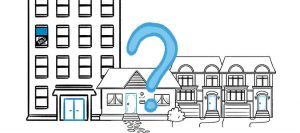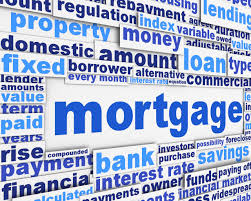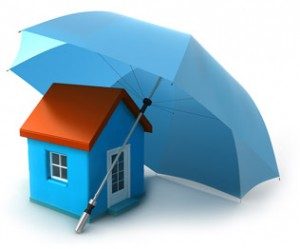
Single-family detached homes are the most popular choice of Canadian homeowners, but aspiring first-time homebuyers should consider all their options before starting their house hunt. Don’t overlook the perfect option for your family – you may be surprised by what’s out there, at or below your budget.
According to Statistics Canada, over half (55 per cent) of Canadian households have opted for the classic single-family detached house. While condos are a distant second with roughly a quarter of homeowners opting for them, they are significantly more popular in big metro areas like Toronto and Vancouver. Rounding out the homeowner choices at 17.8 per cent of households, are other housing options like row houses, semi-detached houses, mobile or modular homes, and other single-attached dwellings (such as urban infill homes).
What starter home is right for you? Read on for a look at the most common (and lesser known) home options. Consider all your options, so you can maximize your opportunity to find the perfect dwelling to call home sweet home.
SINGLE FAMILY DETACHED:
Definition: A single-family, standalone house that sits on its own lot
Strengths:
• Privacy
• Less noise from neighbours
• Consistent demand in established neighbourhoods
Considerations:
• Generally costs more to buy
• Maintenance costs
• Highly competitive market in large metro areas, which can include bidding wars and houses selling for well over asking price
SINGLE-FAMILY, SEMI-DETACHED:
Definition: A single-family house attached to another house on one side only
Strengths:
• More affordable to buy than a fully detached home
• Most of the privacy of a single family detached
• Can be more affordable to maintain than a fully detached home
Considerations:
• Less privacy than a detached home
• Some noise from neighbours through shared wall
DUPLEX:
Definition: A structure with two single-family units on separate levels
Strengths:
• Great way to reduce home purchase and carrying costs: live in one unit, rent the second one out
• Flexibility: move adult children or ageing parents into the second unit as needed down the road
Considerations:
• Less privacy than a single-family detached home
• Some noise from tenants through floor/ceiling
TOWNHOUSE OR ROWHOUSE:
Definition: A row of single-family homes, connected on both sides to the next home (except for the end units which are only connected on one side). All have their own separate yards. May be freehold or have condo-style shared ownership rights and responsibilities.
Strengths:
• More affordable to buy than a detached or demi-detached home
• Can be more affordable to maintain than a fully detached home
• Private yard
Considerations:
• Less privacy than a single-family detached home
• Some noise from neighbours through shared walls
• Condominium-style ownership include monthly condo fees/maintenance costs.
CONDOMINIUM:
Definition: Low- or high-rise buildings containing many apartment units. Units are individually owned, with shared ownership rights and responsibilities to the common areas and building.
Strengths:
• Affordable
• Swimming pool, fitness centre, party room and other shared amenities are standard
• Minimal maintenance work required
Considerations:
• Monthly condo/maintenance fees in addition to mortgage payments
• Less privacy/more noise with neighbours on all sides, plus shared common areas
• Typically smaller than detached or semi-detached homes
MODULAR or MOBILE HOME:
Definition: Factory-built homes delivered to a home-site for installation. The home is owned outright, while the land it sits on could be owned or rented.
Strengths:
• Affordable
• Flexibility: if you relocate, you could sell the mobile home in situ, or move it with you to a different home-site
• Useful in areas where it can be hard to build (due to climate or location)
Considerations:
• Less resale demand than other housing types
• Annual rent increases if renting land in a mobile home community
CARRIAGE HOUSE or URBAN INFILL:
Definition: A carriage house is located on the periphery of a single family detached house. Urban infill homes are a modern solution to crowded cities, re-purposing existing spaces in established residential or commercial areas to maximize use and reduce urban sprawl.
Strengths:
• Often located in interesting, urban environments
• Unique, character dwellings
• Often less expensive than a typical single-family detached house
Considerations:
• Limited inventory
• Potential for noise pollution in a busy location
• Limited or non-existent yard space
• Finding the right home for your needs means considering your lifestyle and budget now, as well as where you’ll be a few years down the road. Want more new-homeowner inspiration?
Contact me at Dominion Lending Centres to learn more about your options when it comes to buying and owning a home.
Contact me for your best mortgage options 705.669.7798 or trina@ndlc.ca
#trinamortgages #mortgages #ndlc #freedomofchoice
#bestmortgageforme #executive #firstimehomebuyer
If you found this information valuable, I only ask that you share with your friends and family.
Copyright DLC








